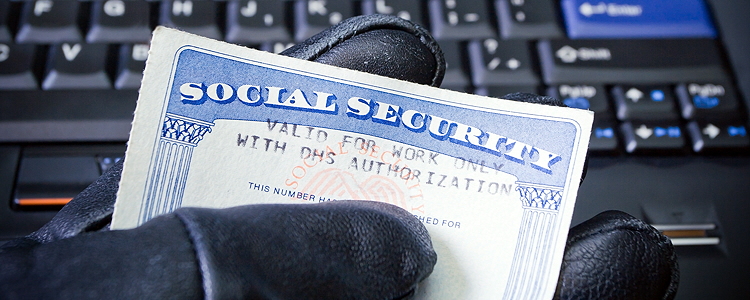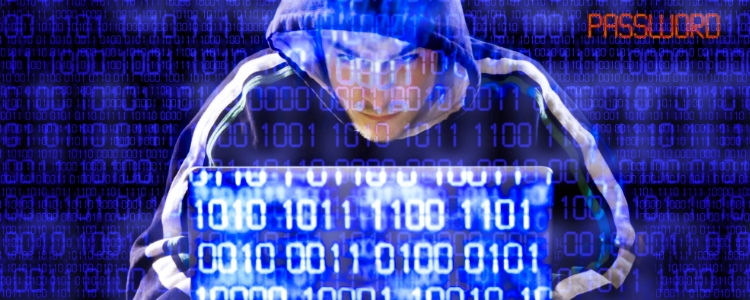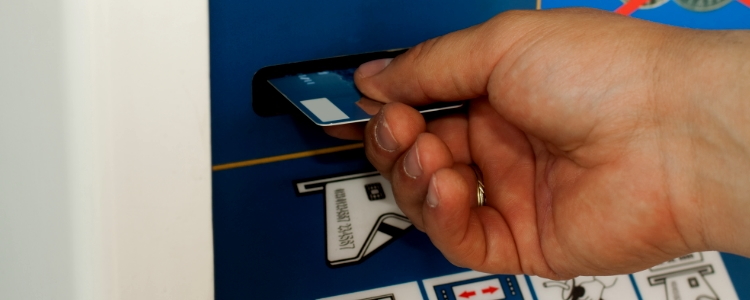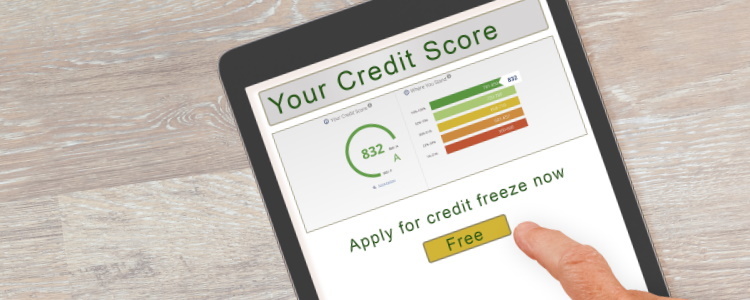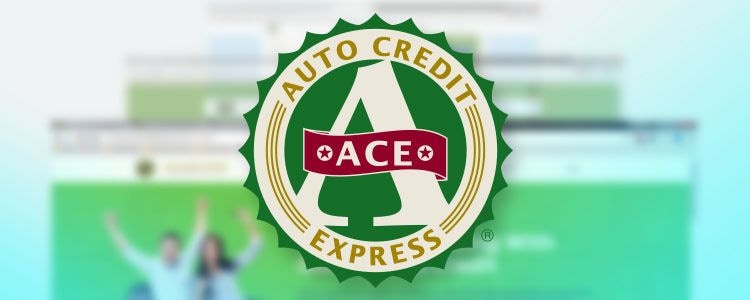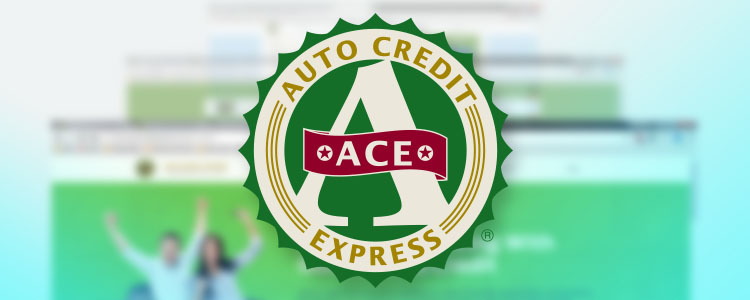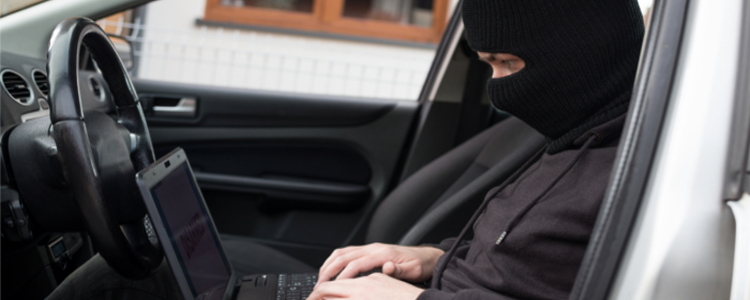When it comes to identity theft in today's world, each of us is at some degree of risk. You never think that it can be you until it is you. While virtually no one is at zero risk of having their identity stolen, there are things that you can do to make yourself safer.
The Prevalence of Identity Theft
Javelin Strategy & Research released a study in 2015 that showed the scope and prevalence of identity theft.
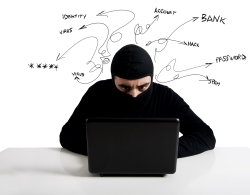
- 2014: $16 billion was stolen from 12.7 million U.S. consumers
- 2013: $18 billion was stolen from 13.1 million U.S. consumers
Maybe you've heard statistics similar to these before:
- There was a new identity fraud victim every two seconds in 2014
- In 2014, the number one consumer complaint at the Federal Trade Commission (FTC) was identity theft, for the 15th year in a row
Identity theft can come in all kinds of forms and it can go far beyond credit card fraud. Other common attacks include government documents or benefits fraud, tax fraud, phone or utilities fraud, bank fraud, loan fraud, employment-related fraud and more.
In a society that relies upon the internet and electronic services, your personal information is out there, being stored online. That can be a scary thought, yet recent studies have found that burglary and theft of physical objects (wallets, purses, and vehicles) still led to a majority of identity theft claims.
How to Protect Your Identity
There are always ways to better protect your identity. You can minimize the likelihood of your identity being stolen if you practice these two basic principles:
- Make Your Information Difficult to Exploit
We know that your information is out there somewhere, but that doesn't mean you can't make it more difficult to obtain. You should shred all of your personal information before putting it in the trash. You should set specific and complicated passwords to all of your online accounts and devices, and you should never use the same password for more than one account. Also, you should change your passwords with regularity. Make sure to never use a recycled one either. Other good practices include password-protecting your Wi-Fi at home and never logging into financial accounts or entering personal information online while using public Wi-Fi connection. - Constantly Monitor your Information, Accounts and Credit
There is a reason that your banks and creditors send you a statement every month. Look at it and make sure that all the activity on them is legitimate! Also, you should be monitoring your credit reports with regularity. You are entitled to a complimentary copy of your credit report from each of the three national credit reporting agencies (Equifax, Experian and TransUnion). Make sure that all of the activity on them is normal.
It may be impossible to completely eliminate the chance of it happening to you, but you can certainly lower the risk of having your identity stolen with these simple practices. In the event that your identity has been stolen, or even if you feel like it may have been, consult this checklist when tackling the problem.
For those that wish, there are reputable services out there that can lower your risk from identity theft. They will proactively monitor your bank and credit accounts, safeguard your information and alert you if anything suspicious occurs.
For When You Need a Car with Damaged Credit
When your credit is compromised from identity theft or anything else, Auto Credit Express is the place to turn to if you need an auto loan. With a nationwide network of special finance car dealers backing us, we can help anybody who needs a vehicle, regardless of their credit situation. To begin the process, all you have to do is fill out our free and completely secure auto loan application.

